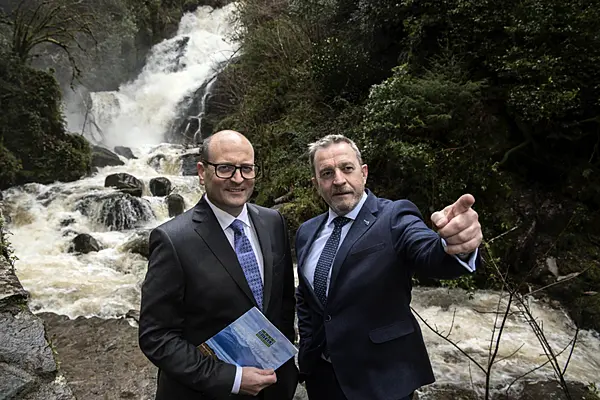Irish travellers are embracing a new era of exploration, driven by a desire for sun-soaked beach holidays, flexible workcations, and authentic experiences off the beaten path.
This is according to new research from Europe’s second-largest neobank, Bunq.
‘Integral Part Of Life’
“Our research highlights a trend we’ve observed among our users – a shift in what Irish travellers value and prioritise,” said Bianca Zwart, chief of staff to the CEO at Bunq.
“It’s clear that travel is more than just a break from routine – it’s an integral part of life.”
Unique Destinations
Not surprisingly, 56% of Irish consumers prefer beach destinations, while a staggering 85% are eager to combine work and travel, reflecting a new, growing trend toward work-life balance.
The study also reveals a rising interest in unique and undiscovered destinations, as travellers seek more ‘meaningful and personalised journeys’.
Workcations
Bunq claims that the rise of remote and hybrid work is significantly influencing travel behaviour. According to the research, 55% of respondents have some flexibility in their work arrangements, opening new possibilities for travel. Sixty-one per cent (61%) of Irish workers have already taken advantage of remote work by working from a location other than home, and 52% have embraced the trend of ‘workcations’ – blending work with vacation.
Interest in workcations is particularly high, with 85% of respondents expressing a desire to take them, whether in Ireland or abroad. However, barriers such as employer policies (45%) and cost (32%) remain significant obstacles.
Staycations
Staycations continue to be a popular option for Irish consumers, with 59% taking them occasionally.
The convenience (49%) and cost savings (38%) associated with staying closer to home are the main drivers of this trend.
Budgeting
Budgeting plays a crucial role in travel planning, with 45% of people setting aside a specific fund for their trips and 33% relying on their savings.
The rising cost of living is also influencing travel decisions, with 39% of respondents choosing cheaper destinations as a result.






